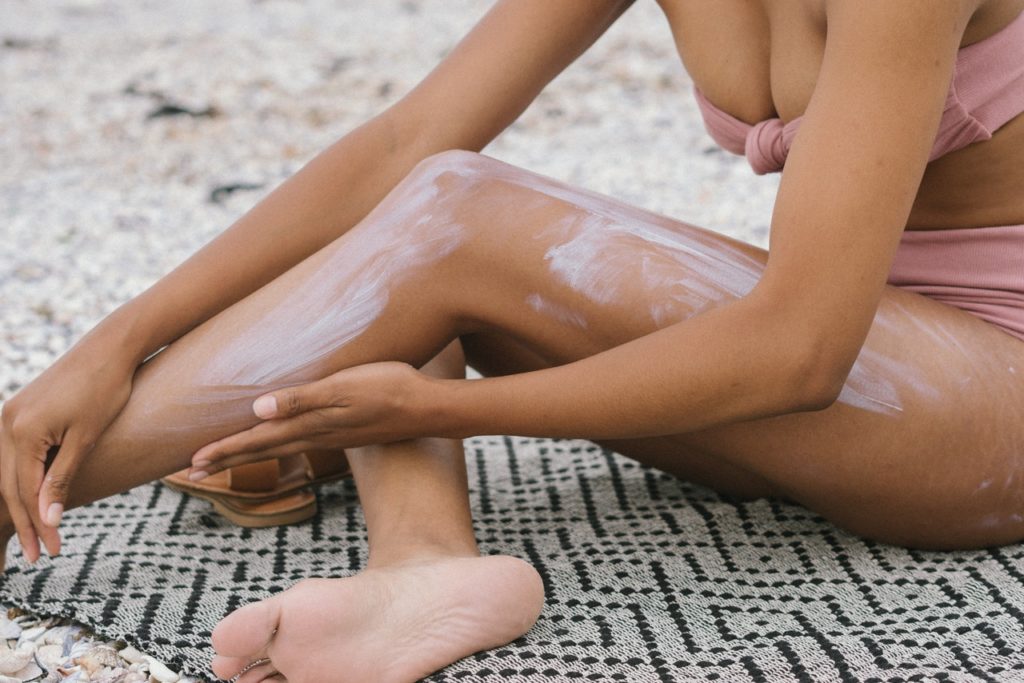Eczema and other skin conditions can be debilitating to one’s body, affecting comfort and health. Although some products can help with the symptoms, some items can leave your skin feeling drier, irritated, and unhealthier than usual. But don’t give up hope!
Using customized products from private label skincare and shampoo manufacturers will help because each product can be tailored to suit your skin conditions and skin type. Additionally, there are several ways to ease the discomfort of eczema.
Here are six remedies that can mitigate some of the symptoms while replenishing moisture, making your skin healthier, plump, and vibrant.
Coconut Oil
Coconut oil is an all-natural remedy for several skin conditions, preventing flare-ups, common in skin disorders like eczema. Applying coconut oil on your skin topically reduces staph bacteria on your skin, reducing your infection risks while moisturizing your skin. It’s best to go for virgin or cold-pressed coconut oil as it’s usually less processed and doesn’t irritate the skin.
Put Apple Cider Vinegar on Your Skin
Apple cider vinegar is an all-around natural remedy that can treat several conditions, including skin conditions. Since vinegar is naturally acidic, it can help balance your skin’s acidity levels, making you less prone to developing skin disorders like eczema. However, remember to dilute vinegar before applying it to your skin since it can cause chemical burns and other injuries. You can use it via wet wraps or baths.
Additionally, when using apple cider vinegar, make sure to apply it with caution, as its acids can damage your soft tissues.
Use Aloe Vera Gel
Aloe vera can handle most skin conditions, thanks to its all-natural cooling properties that can soothe your skin and prevent skin disorder ‘triggers’ like eczema flare-ups. Since Aloe vera has antibacterial and antimicrobial properties, it can also reduce the severity of itchy patches on your skin and prevent potential skin infections.

Opt for Gentle Soaps and Detergents
Laundry detergents may contain harmful chemicals that can aggravate your skin condition or trigger one. That’s because these lathering agents can dry out your skin—fast. When washing your clothes, avoid using bar soaps and traditional detergents and go for gentle and no-lather cleansers.
Moreover, it’s best to avoid products with rough particles as it can irritate your skin further. Finally, skipping fabric softeners is ideal as it can linger on clothes, often containing fragrances and harmful chemicals that can irritate your skin.
Bathe Regularly
Regularly bathing gives your skin the moisture it needs, keeping it plump and healthy. However, when you suffer from skin conditions like eczema, your skin may need more ‘moisture’ than usual since it’s not functioning as it should. Although regularly bathing is a great idea, doing it too often can damage your skin further.
The best time for adults is bathing or showering at least once a day using lukewarm water for 10 to 15 minutes. Additionally, try using medicinal baths such as those with oatmeal, soda, and vinegar. After taking a bath or shower, make sure to moisturize using lotions or creams within 3 minutes of getting out.
Take a Colloidal Oatmeal Bath
Colloidal oatmeal is oats that have been ground and boiled, extracting their skin-healing components rich in antioxidants and anti-inflammatory properties that can help with skin roughness, itch, scaling, and dryness. The best way to use colloidal oatmeal is by incorporating it into a warm bath and soaking in it for 30 minutes to an hour. Go for colloidal oatmeal products with pure oats as the ingredient for the best results. You can also use organic colloidal oatmeal lotions and creams.
It’s relatively safe for any age, but individuals allergic to oats and gluten should avoid it.
Although there’s no cure for eczema and most skin conditions, people can still manage their symptoms with several remedies—like the ones mentioned. However, if you’ve tried everything on the list and your skin condition doesn’t respond to any of it, it’s time to see a dermatologist.




